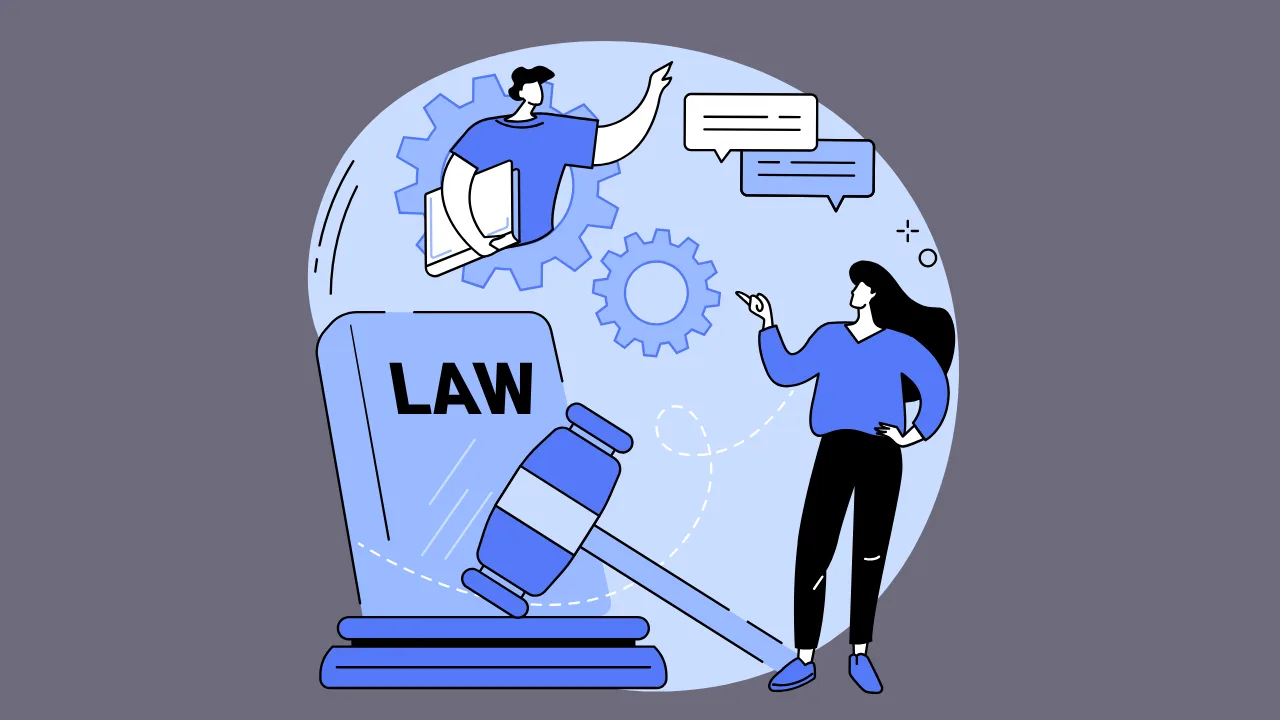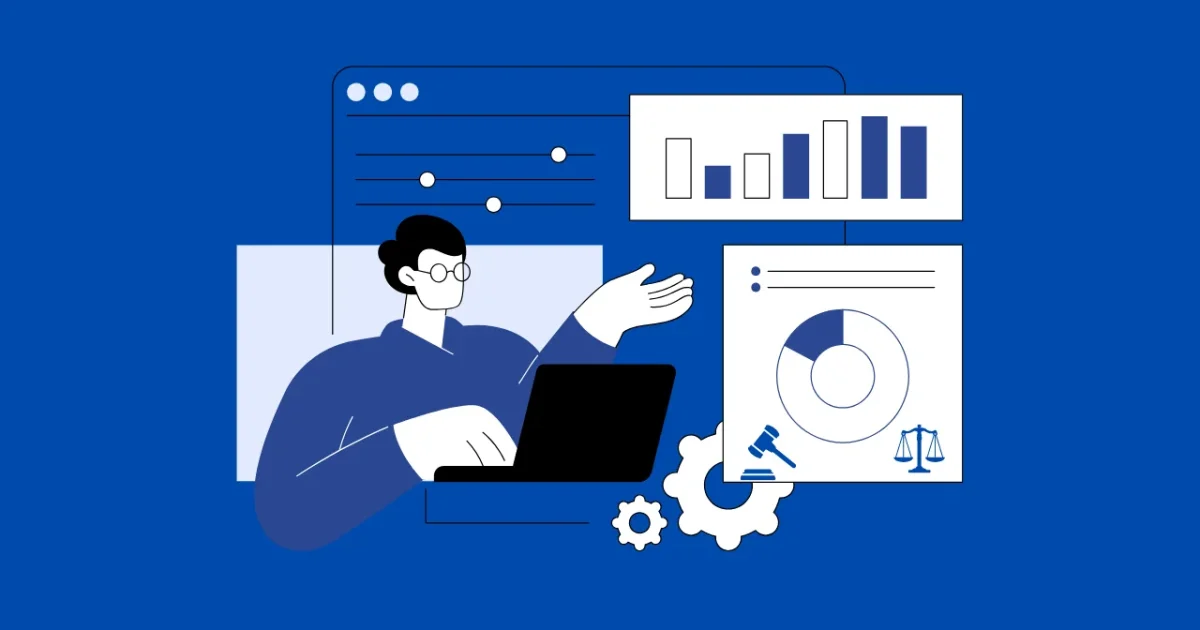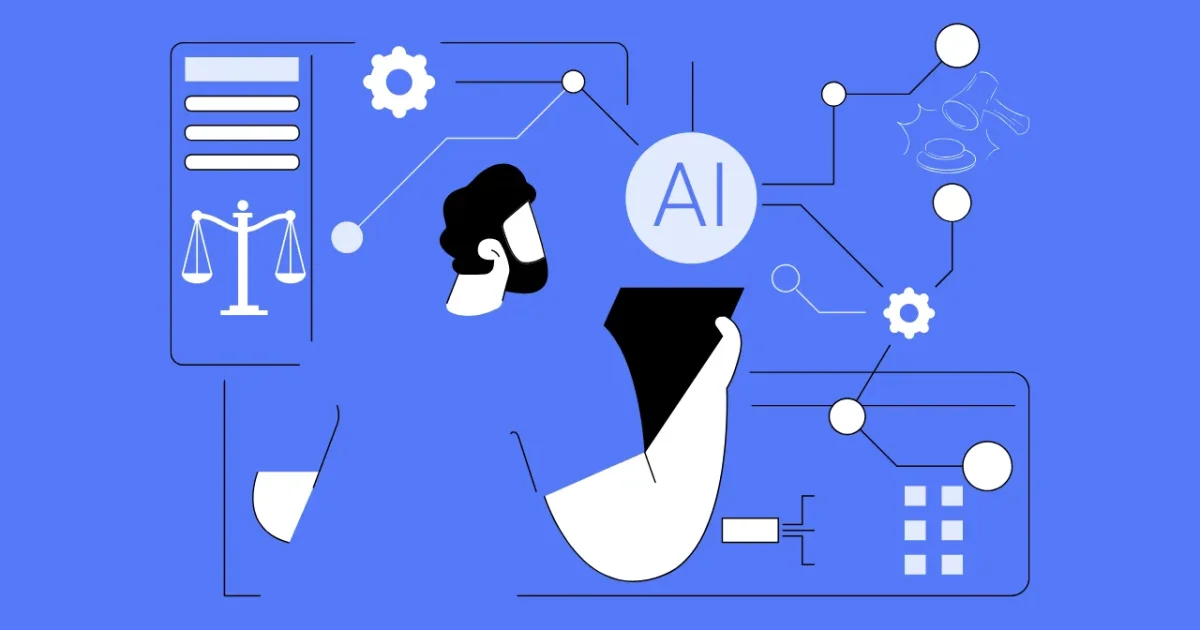Imagine you’re a lawyer drowning in case files, spending hours predicting how a case might turn out. The costs pile up, and the uncertainty feels overwhelming. That’s where the benefits of AI litigation prediction come in, transforming how law firms and in-house counsel tackle litigation in 2025. This article breaks down seven game-changing ways AI is making litigation faster, smarter, and more cost-effective.
What Is AI Litigation Prediction?
AI litigation prediction uses artificial intelligence to analyze legal data, predict case outcomes, and guide strategy. Think of AI as a super-smart assistant who reads thousands of cases in seconds, spotting patterns humans might miss. For example, AI can review past rulings to estimate a case’s success rate, helping lawyers make informed decisions.
“AI is like a legal crystal ball, giving us data-driven insights to predict outcomes with unprecedented accuracy.”
— Dr. Jane Smith, Legal Tech Researcher, Stanford Law School
7 Ways AI is Revolutionizing Litigation
1. Faster Case Analysis with AI
AI slashes the time spent on case research. Instead of manually sifting through documents, AI tools scan thousands of legal texts in moments. This AI for legal efficiency means lawyers can focus on strategy rather than paperwork.
Example: A New York law firm used LexisNexis AI to analyze 500 past cases in under an hour, identifying key precedents that won their client’s contract dispute.
2. Cost-Effective Litigation
Litigation is expensive, but AI reduces costs by automating repetitive tasks. From document review to risk assessment, AI cuts down on billable hours, making legal services more affordable.
Example: A mid-sized firm saved 30% on a complex patent case by using AI to automate discovery, reducing manual review time by 200 hours.
“AI-driven cost savings allow smaller firms to compete with industry giants.”
— Michael Chen, Partner at Chen & Associates, quoted in ABA Journal (2025)
3. Improved Legal Strategy
AI analyzes judges’ past rulings, case law, and even opposing counsel’s tactics to craft stronger arguments. This improved legal strategy gives lawyers a competitive edge.
Example: In a 2024 employment dispute, an AI tool reviewed a judge’s history and suggested emphasizing procedural fairness, leading to a favorable settlement.
4. Enhanced Legal Team Productivity
AI handles time-consuming tasks like contract analysis or evidence sorting, freeing up lawyers to focus on high-value work. This enhanced legal team productivity boosts overall firm efficiency.
Example: A Chicago firm used AI to summarize 1,000 pages of depositions in a day, allowing attorneys to prepare for trial faster.
5. Greater Accuracy in Outcome Prediction
AI’s ability to analyze vast datasets improves prediction accuracy. By spotting trends in similar cases, AI helps lawyers assess risks and set realistic expectations.
Example: A Texas firm used CaseText’s AI to predict a 75% chance of winning a personal injury case, guiding their settlement strategy.
AI’s predictive power is reshaping how we approach litigation risk.
— Sarah Lopez, General Counsel, quoted in LegalTech News (2025)
6. Streamlined Document Review
AI tools like Kira Systems scan contracts and legal documents for key clauses, reducing errors and speeding up preparation. This AI legal advantage ensures nothing slips through the cracks.
Example: A corporate law team used AI to flag risky clauses in a merger agreement, saving their client from a costly oversight.
7. Data-Driven Client Advice
AI provides clear, data-backed insights, helping lawyers give clients confident advice. This builds trust and strengthens client relationships.
Example: A family law firm used AI to analyze divorce settlement trends, advising their client to pursue mediation, which saved $50,000 in legal fees.
Choosing the Best AI Litigation Tool
Here’s a table to help you pick the right AI tool for cost-effective litigation and faster case analysis:
| Tool Name | Key Feature | Best For | Price (2025) | ROI | Cons/Issues |
|---|---|---|---|---|---|
| LexisNexis | Case law analysis | Large firms | $100/month/user | High (saves 20-30% on research) | Steep learning curve |
| CaseText | Outcome prediction | Solo practitioners | $65/month/user | Moderate (great for small cases) | Limited integration |
| Kira Systems | Contract review automation | Corporate law teams | $150/month/user | High (cuts review time by 50%) | Expensive for small firms |
How to Start Using AI in Your Law Firm
Ready to unlock the benefits of AI litigation prediction? Follow these steps:
- Identify Your Needs: Decide if you need AI for case analysis, document review, or outcome prediction.
- Choose a Tool: Pick a tool like LexisNexis or CaseText based on your budget and case volume.
- Train Your Team: Spend a week learning the tool’s features with vendor-provided tutorials.
- Start Small: Test AI on a single case to measure time and cost savings.
- Evaluate Results: Compare AI-assisted cases to manual ones to track ROI.
AI Adoption in Law Firms (2020-2025)
To show how AI is transforming litigation, here’s a bar chart of AI adoption rates in law firms, based on an American Bar Association study (2025).
Looking Ahead: The Future of AI in Litigation
The benefits of AI litigation prediction are clear: faster analysis, lower costs, and smarter strategies. As AI tools evolve, they’ll integrate with virtual reality for mock trials and real-time case updates. Law firms that adopt AI now will stay ahead of the curve, delivering better results for clients.
“The future of law is AI-driven, blending human expertise with machine precision.” — Prof. David Kim, AI Law Expert, quoted in Law Technology Today (2025)
Frequently Asked Questions (FAQs)
How Does AI Improve Legal Efficiency?
AI automates tasks like document review and case research, saving hours of manual work. This AI for legal efficiency lets lawyers focus on strategy and client needs.
Is AI Litigation Prediction Expensive?
Costs vary, but tools like CaseText start at $65/month. The cost-effective litigation benefits often outweigh the investment by reducing billable hours.
Can AI Replace Lawyers?
No, AI supports lawyers by handling repetitive tasks. It enhances artificial intelligence for lawyers, but human judgment remains critical.
How Accurate Are AI Predictions?
AI predictions, like those from CaseText, can reach 80-90% accuracy by analyzing vast datasets, improving enhanced legal team productivity.





